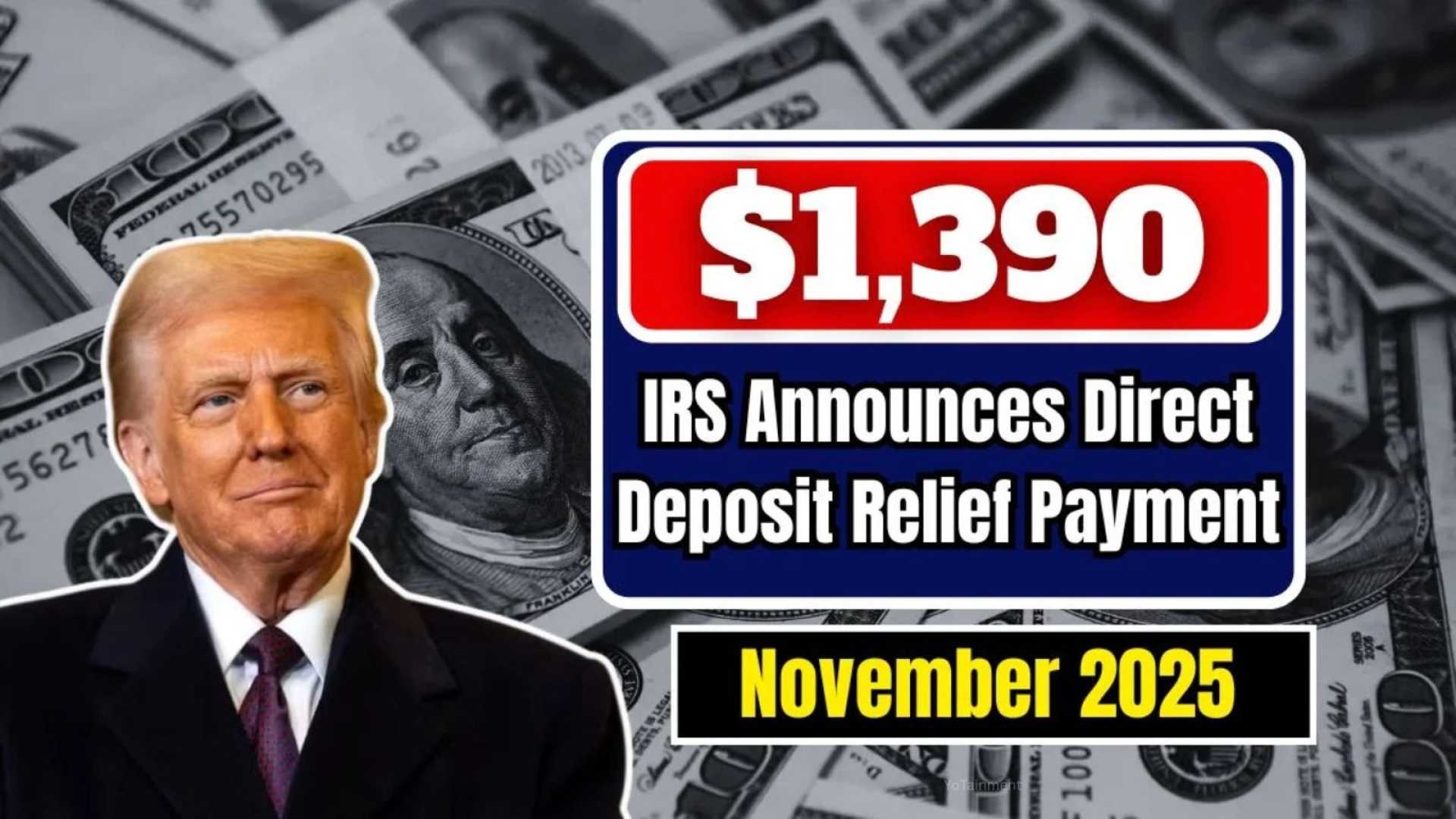News
IRS Denies Reports of New Stimulus Payments in 2025

WASHINGTON – Online rumors about new IRS relief payments landing in bank accounts by November are false. Federal officials confirmed there are no plans for additional stimulus payments in 2025.
The last federal stimulus payment was the $1,400 Recovery Rebate Credit, which was disbursed in 2021 and had a final claim deadline of April 15, 2025.
In recent weeks, social media posts have claimed a $1,702 stimulus payment was forthcoming, but these claims reference Alaska‘s Permanent Fund Dividend, not a federal program. This annual payment is provided to eligible Alaskans based on state mineral revenues.
The IRS has urged the public to report any suspicious IRS, Treasury, or tax-related messages, warning that scams are rampant where fraudsters attempt to extract personal information.
Recently, President Donald Trump proposed a $2,000 tariff dividend, suggesting that funds from tariffs could be used to pay citizens. However, financial experts noted that this proposal remains a concept and has not received Congressional approval.
Trump stated in a Truth Social post, “A dividend of at least $2,000 a person (not including high-income people!) will be paid to everyone.” Currently, no tariff dividend payments are sanctioned by Congress.
According to the IRS, payments of $1,400 were automatically sent to those who did not claim the Recovery Rebate Credit on their tax returns. These payments were distributed from December 2024 to January 2025.
State-level relief programs may still be operational, such as New Jersey‘s ANCHOR Property Tax Relief Program, which offers rebates to eligible homeowners and renters. New Jersey has announced that nearly 300,000 residents will receive these rebates.
Taxpayers should continue to be cautious regarding unsolicited messages about tax refunds or new payments and verify communications through official IRS channels. The IRS advises that they will always reach out via the U.S. Postal Service as a first point of contact.
The IRS continues to highlight that fake payment messages frequently circulate on social media, which can lead to identity theft. The department reiterated, “If it sounds too good to be true, it probably is.”












